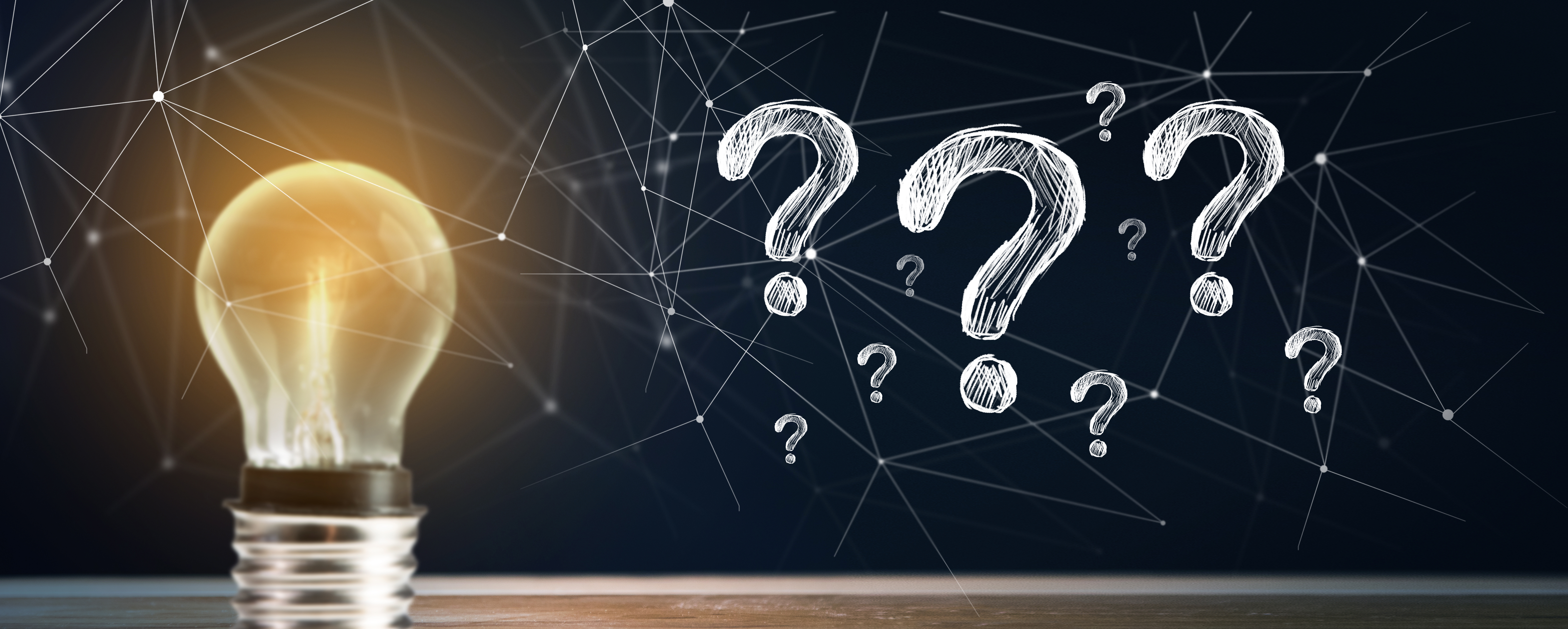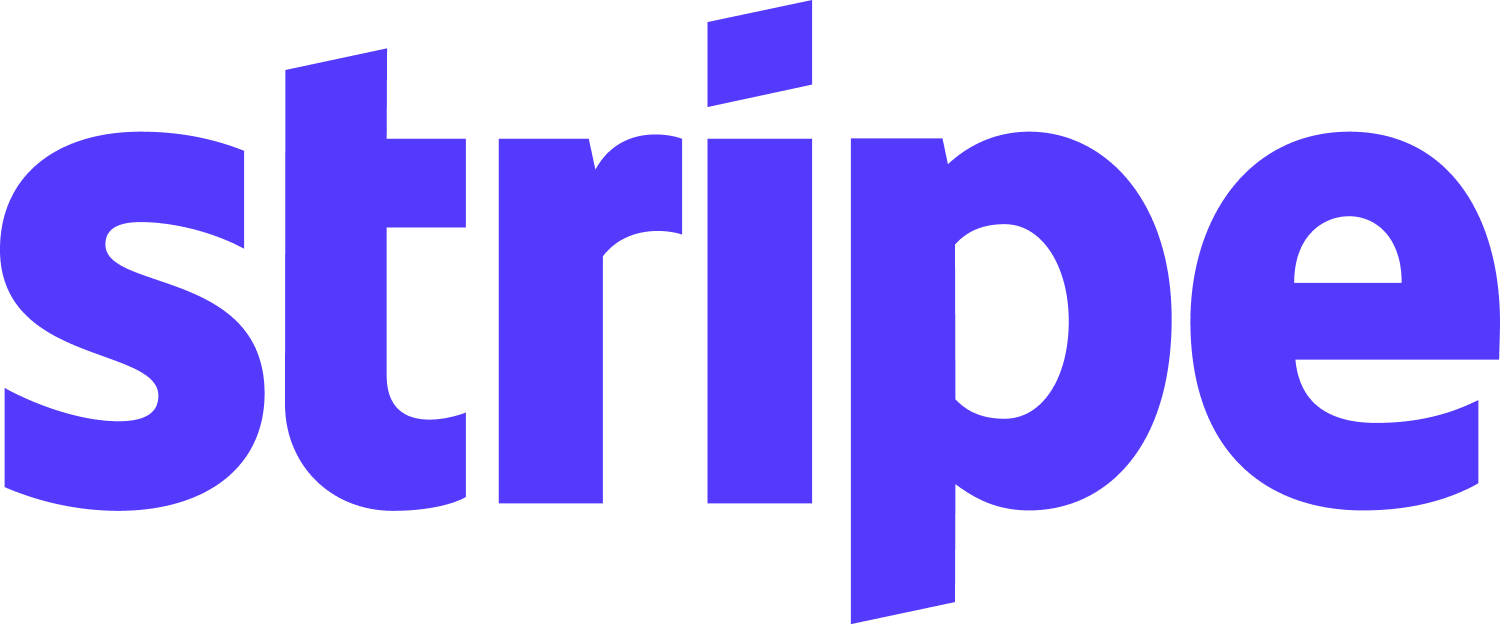Skilful Auditing: Essential Skill Sets for Internal Auditors

I often get asked by candidates during interviews about the skill sets an internal auditor should possess to excel in the job. From personal experience, two of the most crucial attributes are curiosity about how things work and the ability to exercise professional scepticism.
Curiosity is the drive to explore the unknown and embrace new approaches that can improve the effectiveness and efficiency of daily activities. In today’s rapidly evolving political, economic, and technological landscape, internal auditors must acknowledge that what worked in the past can become obsolete in the blink of an eye. Processes once deemed essential may now be irrelevant due to the adoption of new technology or outsourcing of material processes to improve business efficiency.
A curious internal auditor is committed to continuous learning, staying updated on industry developments, regulatory changes, and emerging best practices. Organisations like IIA Singapore support this professional development by providing relevant resources and quality training programmes that cover both the latest themes and evergreen topics. By staying curious and seeking growth opportunities, internal auditors can enhance their skills and deliver greater value to their organisations.
In our information-rich world, misinformation presents a significant threat to businesses. New technologies often come with promises of extraordinary returns, while also creating a false sense of security that everything is well upon adoption. Decision-makers may rush to adopt these technologies without recognising the accompanying threats and vulnerabilities. As new technology changes how things work, internal controls in the new processes are often not well designed. Therefore, internal auditors must learn how to exercise professional scepticism when understanding and reviewing the changes brought about by the adoption of new technology.
Professional scepticism involves questioning readily available information and not accepting it at face value. Internal auditors need to dig deeper than the surface-level evidence to assess risks more effectively and offer valuable recommendations. This involves understanding business processes, financial transactions, and the underlying risks within the organisation. Only by understanding the business logic behind the design of processes and internal controls can one evaluate the effectiveness and efficiency of these controls. By scrutinising the quality of evidence, assessing the credibility of sources, and considering alternative explanations, internal auditors are able to form well-founded conclusions and recommendations.
In a complex world where technology brings both benefits and risks, a curious and sceptical internal auditor is more likely to uncover irregularities and areas of concern. Challenging existing assumptions and conventional wisdom, and seeking fresh perspectives on audit processes and risk assessments, are critical. By questioning existing practices and exploring alternative explanations, internal auditors can identify inefficiencies, vulnerabilities, and blind spots.
While the primary focus of most internal auditors is to evaluate and improve the effectiveness of risk management, controls, and governance processes within an organisation, detecting and preventing fraud is an integral aspect of this responsibility. By maintaining a sceptical and curious mindset, internal auditors have a much higher chance of effectively spotting red flags or indicators of fraud, safeguarding the organisation’s assets and reputation.
Curiosity and professional scepticism are the 'superpowers' that all internal auditors should cultivate. Understanding business objectives, uncovering risks, challenging assumptions, and fostering continuous learning are essential for facing today’s challenges. By nurturing these superpowers, internal auditors can become invaluable business partners to their organisations.
Freddie Chew is a seasoned internal auditor with over 20 years of experience in auditing. He is also currently a Governor of The Institute of Internal Auditors Singapore.



